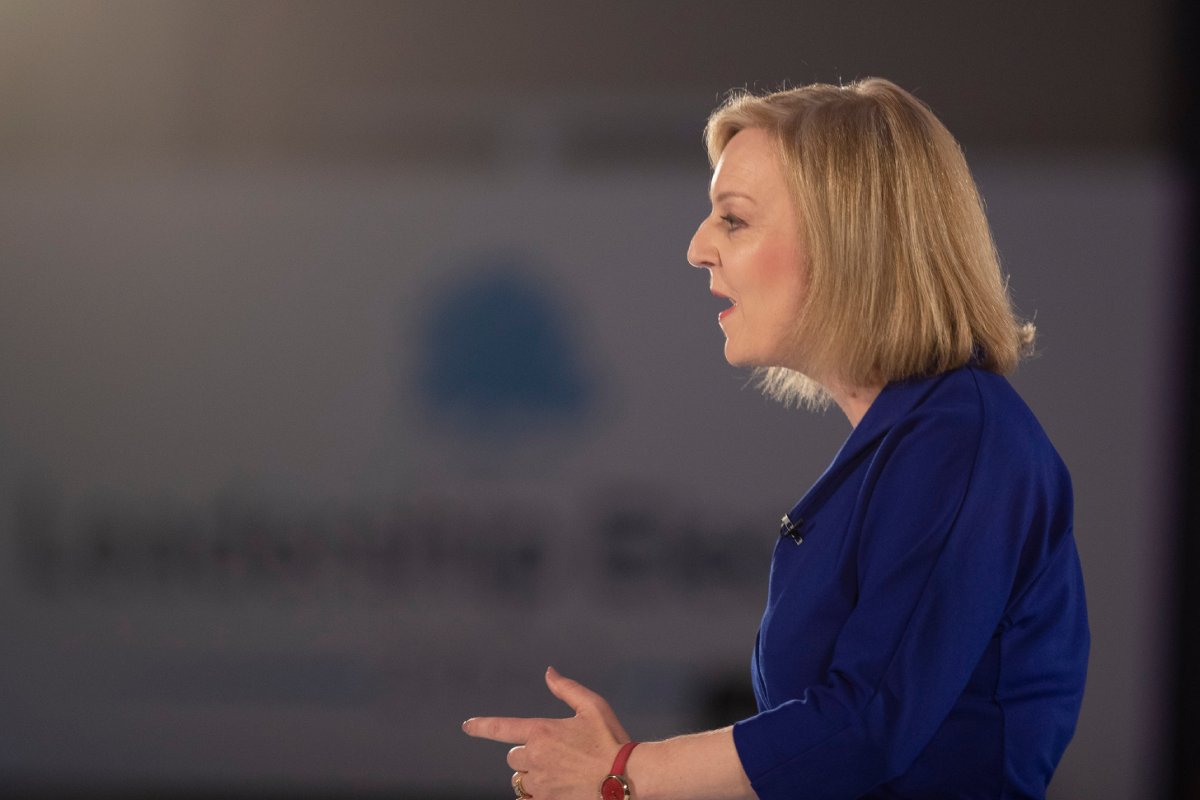Former Prime Minister Liz Truss’s support for a controversial report calling for stricter measures against extreme protests has ignited a heated debate over the balance between maintaining public order and protecting democratic freedoms in the UK. Here’s the full story.
Cracking Down

Just days after the High Court ruled that disgraced former Home Secretary Suella Braverman acted unlawfully by making it easier for police to crack down on the right to peacefully demonstrate, it seems that the democratic right to protest is once again in the UK government’s crosshairs.
Protecting Democratic Freedoms
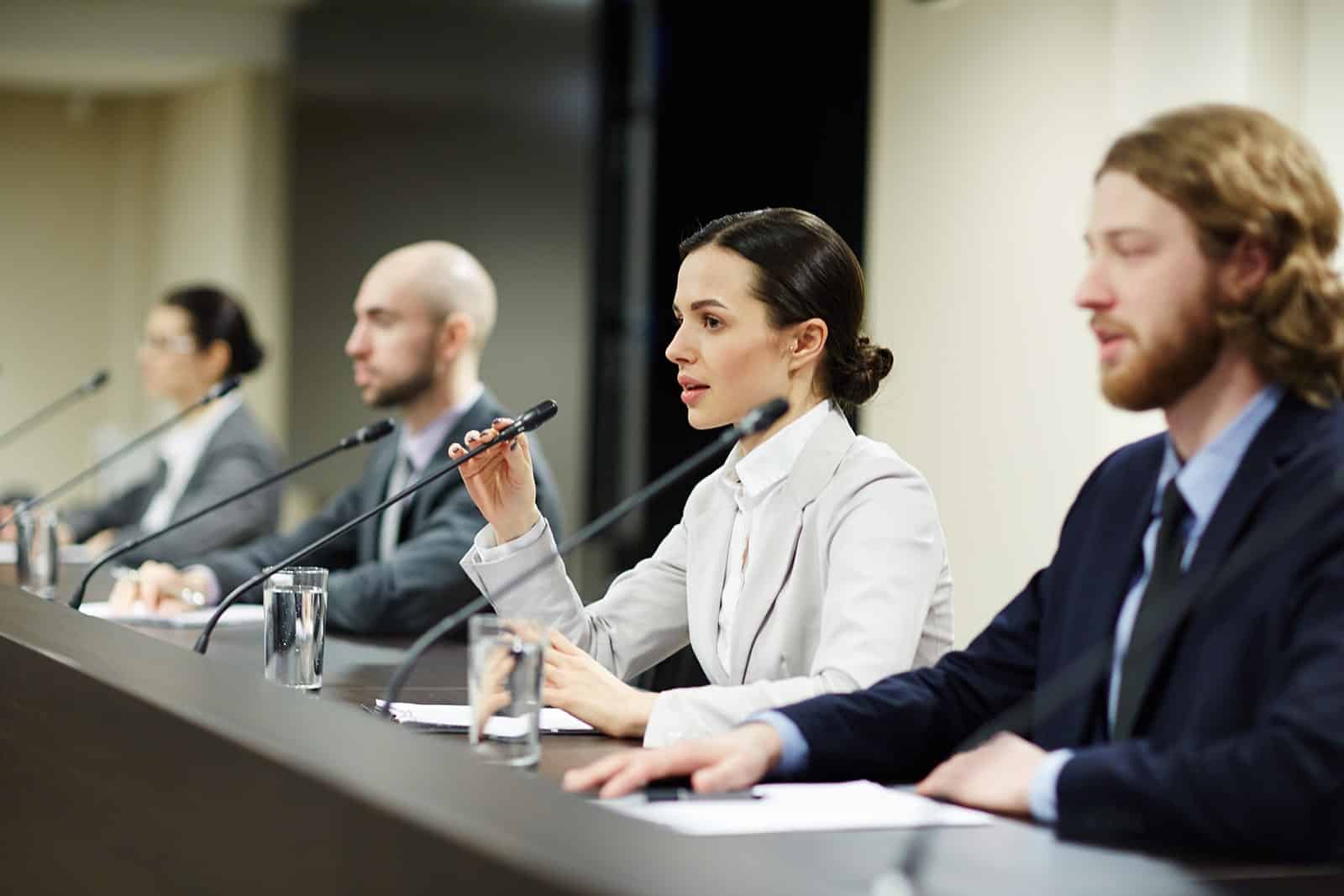
The recent release of a controversial report by Lord Walney has ignited fierce debate over the much-talked-about balance between maintaining public order and protecting democratic freedoms.
New Police Powers
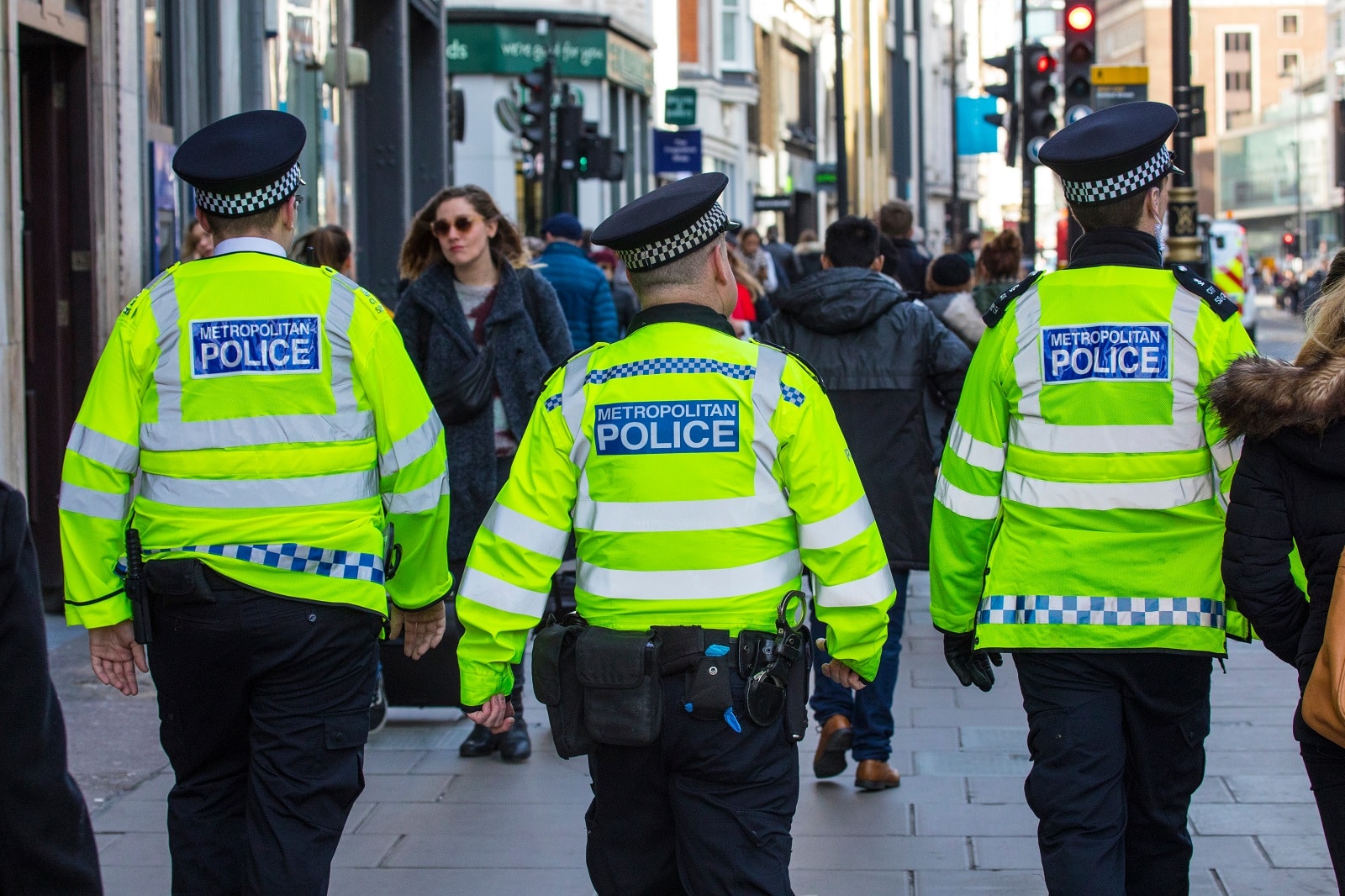
Lord Walney’s report calls for significant changes in how protests are managed, proposing new powers for police to tackle what he describes as extreme protest movements.
Blanket Bans
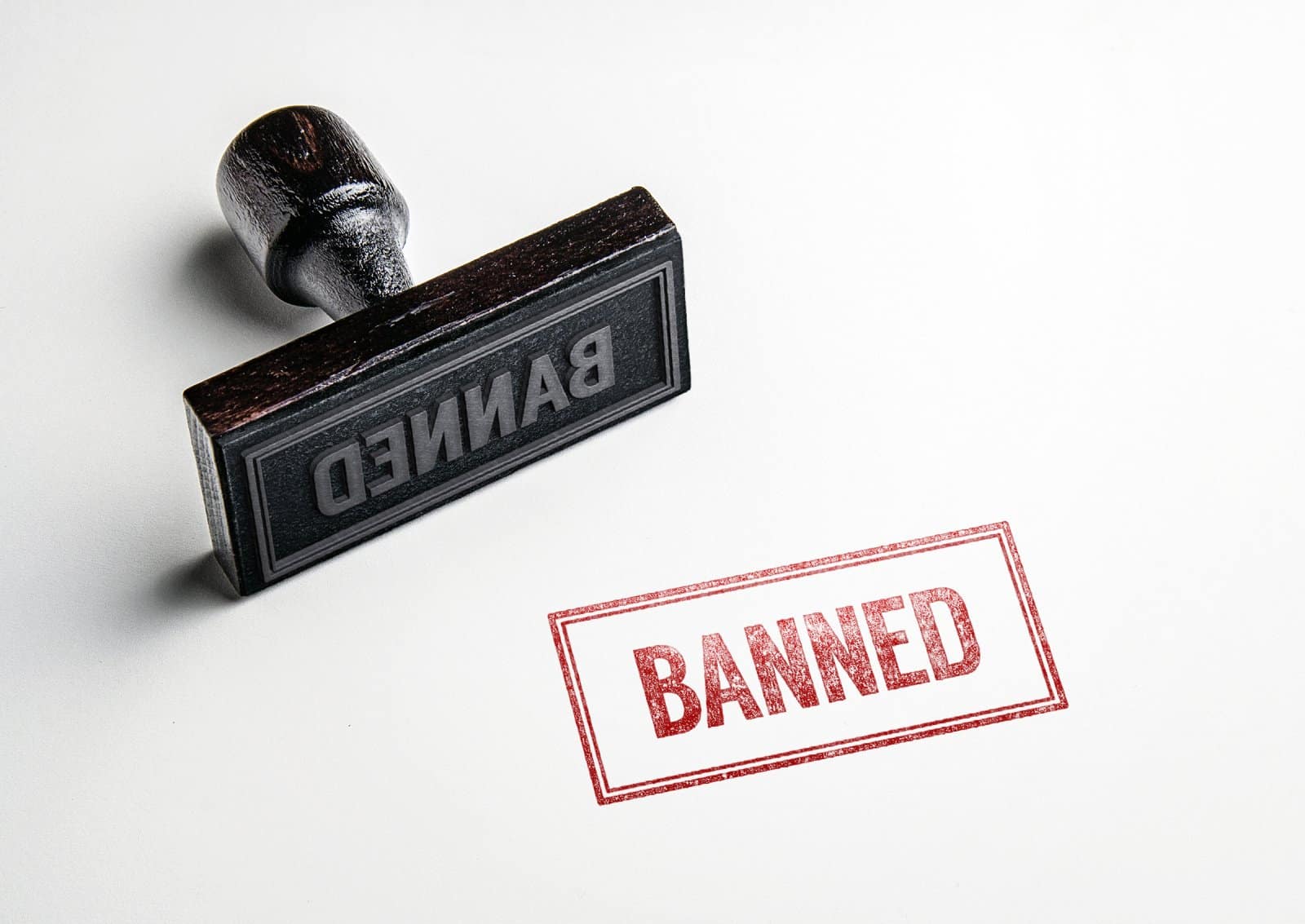
Key recommendations include a blanket ban on face coverings at protests, stricter laws against celebrating terrorist atrocities, and creating protest buffer zones around MPs’ constituency offices and local council chambers.
“Extreme Political Activists”

Walney stated that “extreme political activists are targeting core elements of Britain’s democracy” and that existing police responses have often been “insufficiently robust.”
“Extremist and Anti-Democratic”
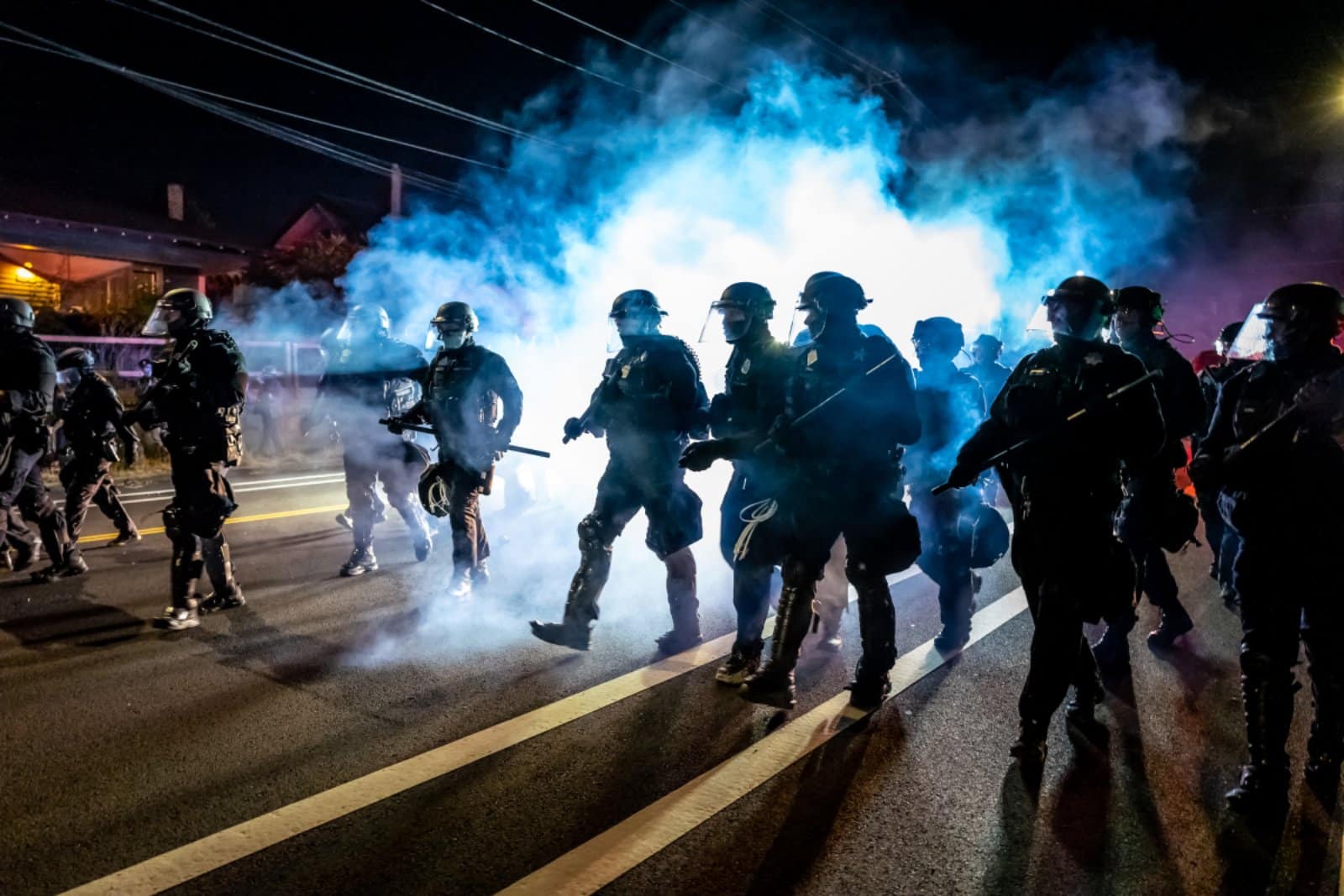
Walney made repeated mentions of what he called “extreme activists,” which he claimed were “often people who advocate extremist and anti-democratic forms of politics that have little traction with voters and cannot secure real electoral support.”
“Extreme Left”
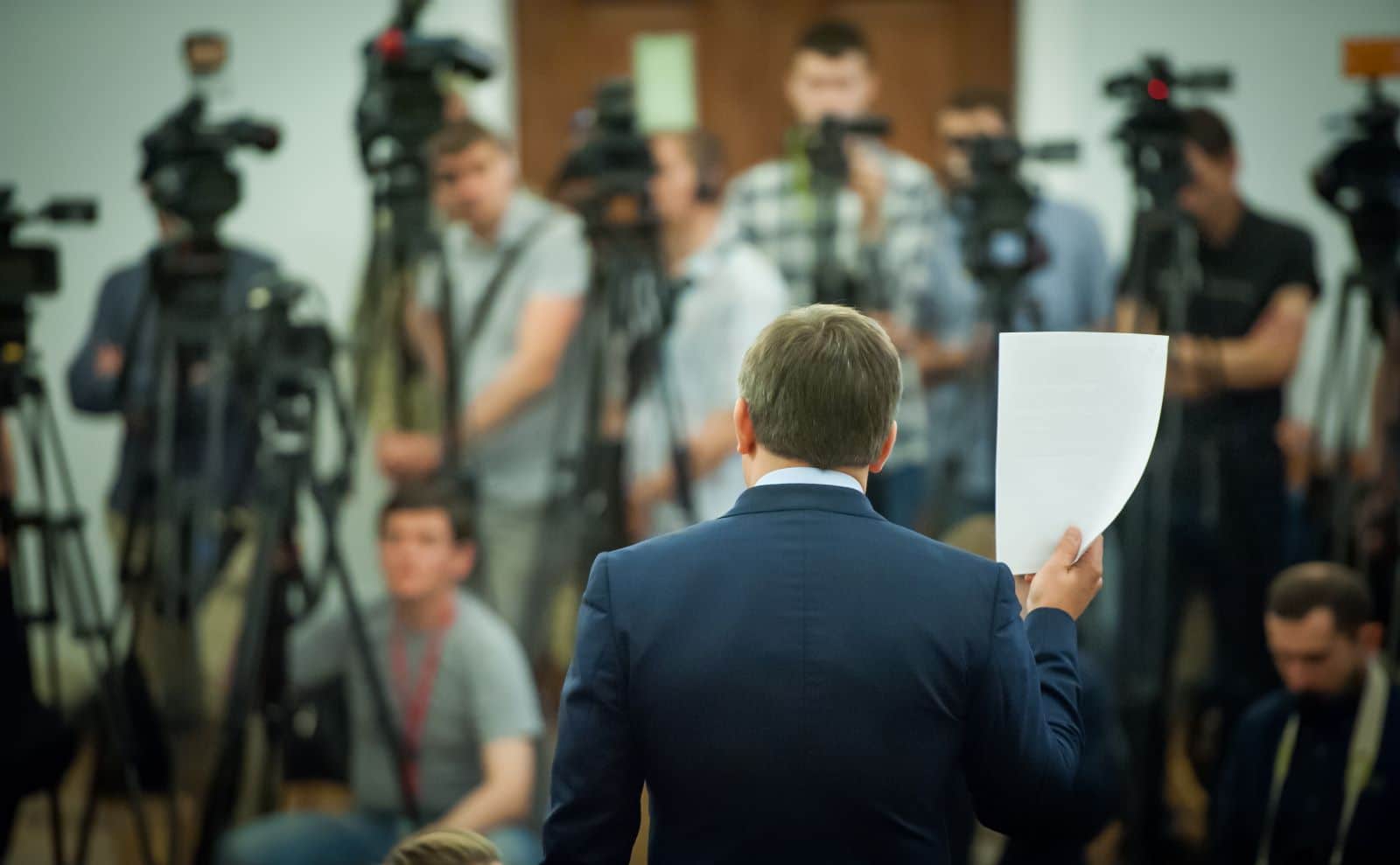
Walney saved particular opprobrium for what he called the “extreme left,” stating, “Too little attention has been paid to serious forms of violence, intimidation and incitement of hatred on the extreme left.”
“Enormous Economic Damage”
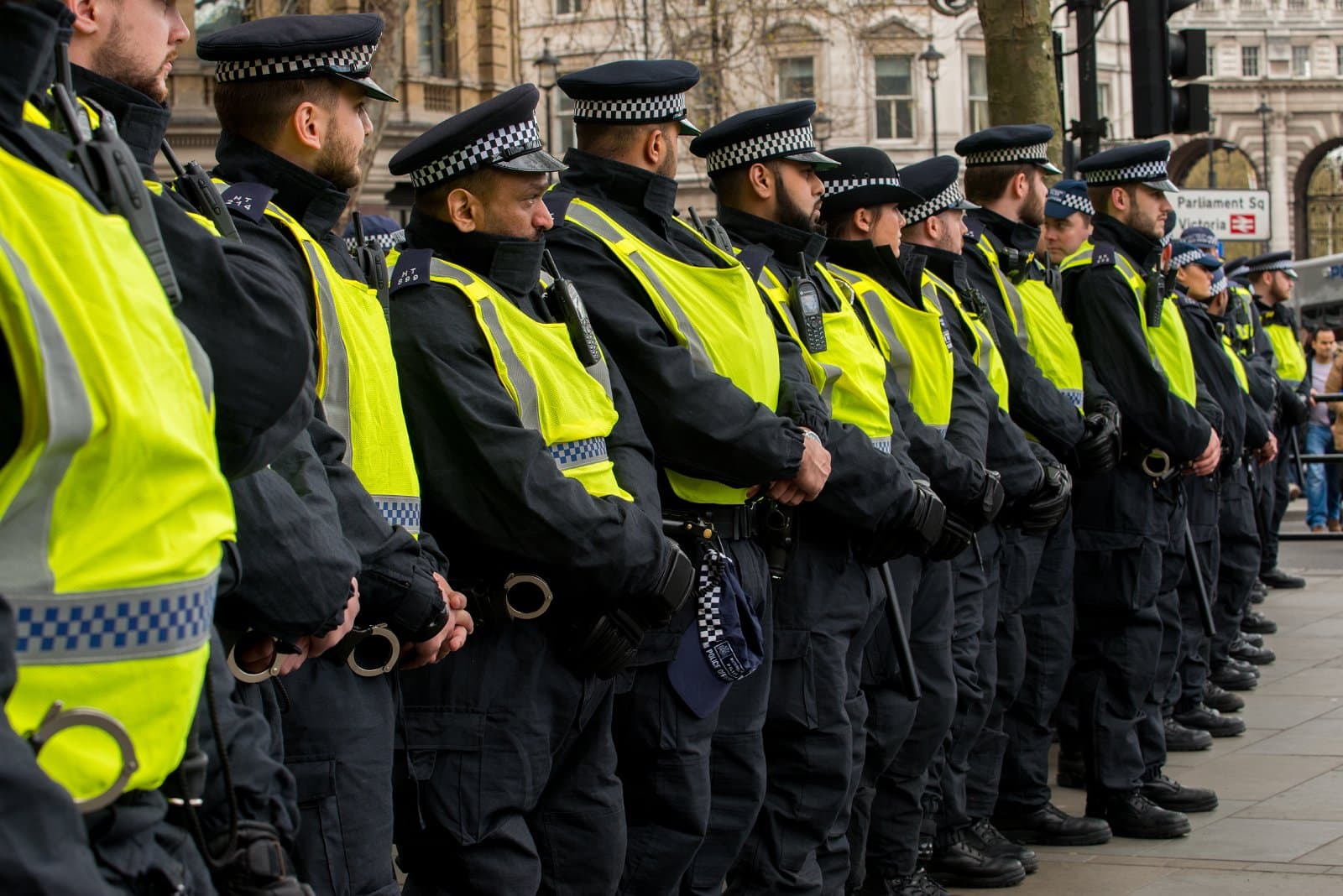
He continued, without providing evidence, “Extreme left activists can, in relatively small numbers, cause enormous economic damage and drain police resources.”
“Protecting Democracy From Coercion”

The report, “Protecting Democracy from Coercion,” has drawn predictably strong support from many within the governing Conservative party whilst being immediately and extensively criticised by human rights and environmental activists, repeatedly mentioned in the report.
“Woke Extremists”
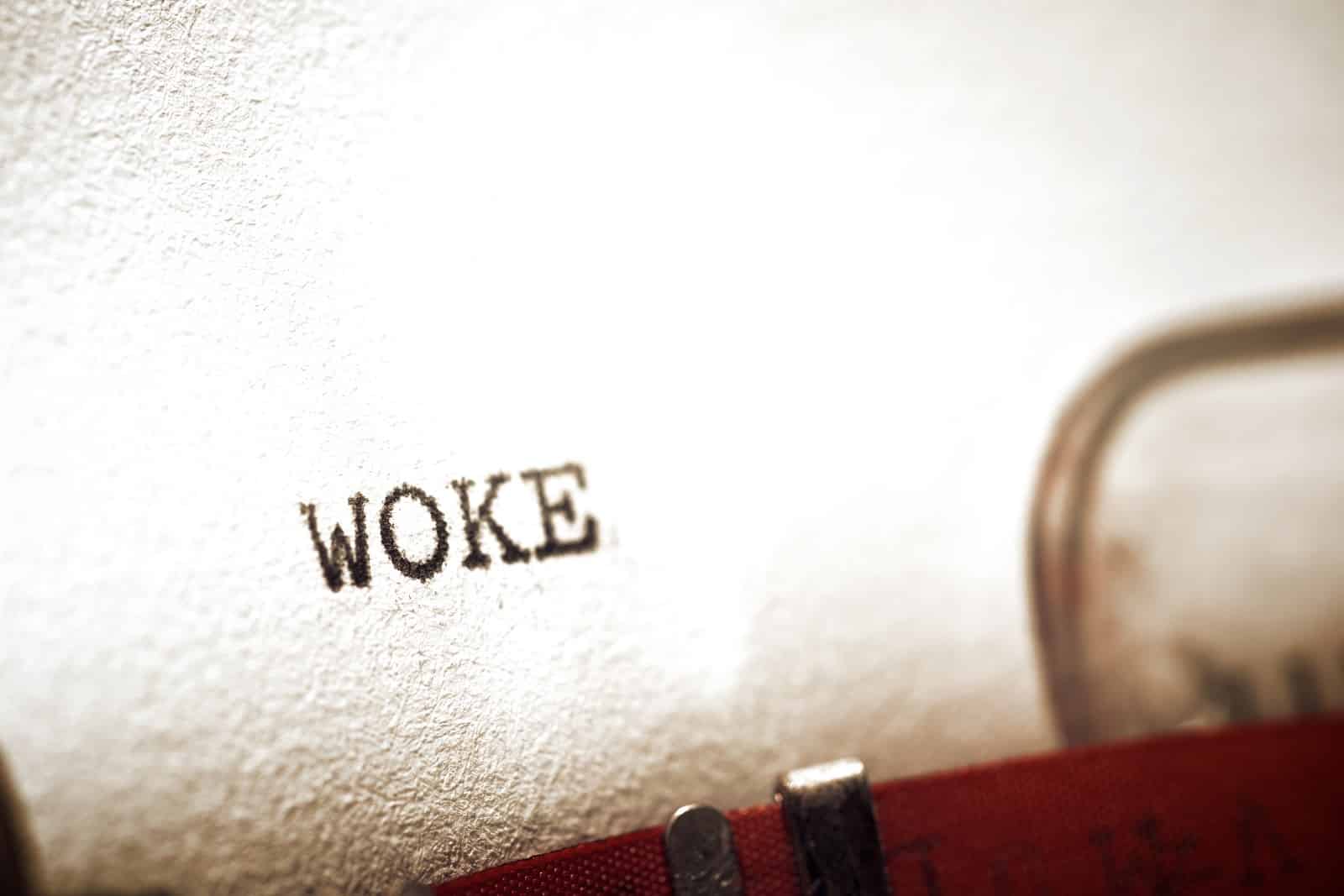
One such supporter, Former Prime Minister Liz Truss, whose time in office was so short that a lettuce infamously outlasted her, said of the report, “Terrorist sympathisers, woke extremists and de-growthers are holding our country to ransom. They make our streets and campuses a no-go zone for upstanding citizens. We must end this intimidation and defend our democracy.”
Far-Right Threat

Though the report admits that the greatest threat to UK democracy comes from far-right groups, which receive 22 pages of coverage, Walney uses 71 pages of the report to condemn left-wing activists, particularly environmental groups such as Just Stop Oil and Extinction Rebellion, which have entire chapters dedicated to them.
“Police State”
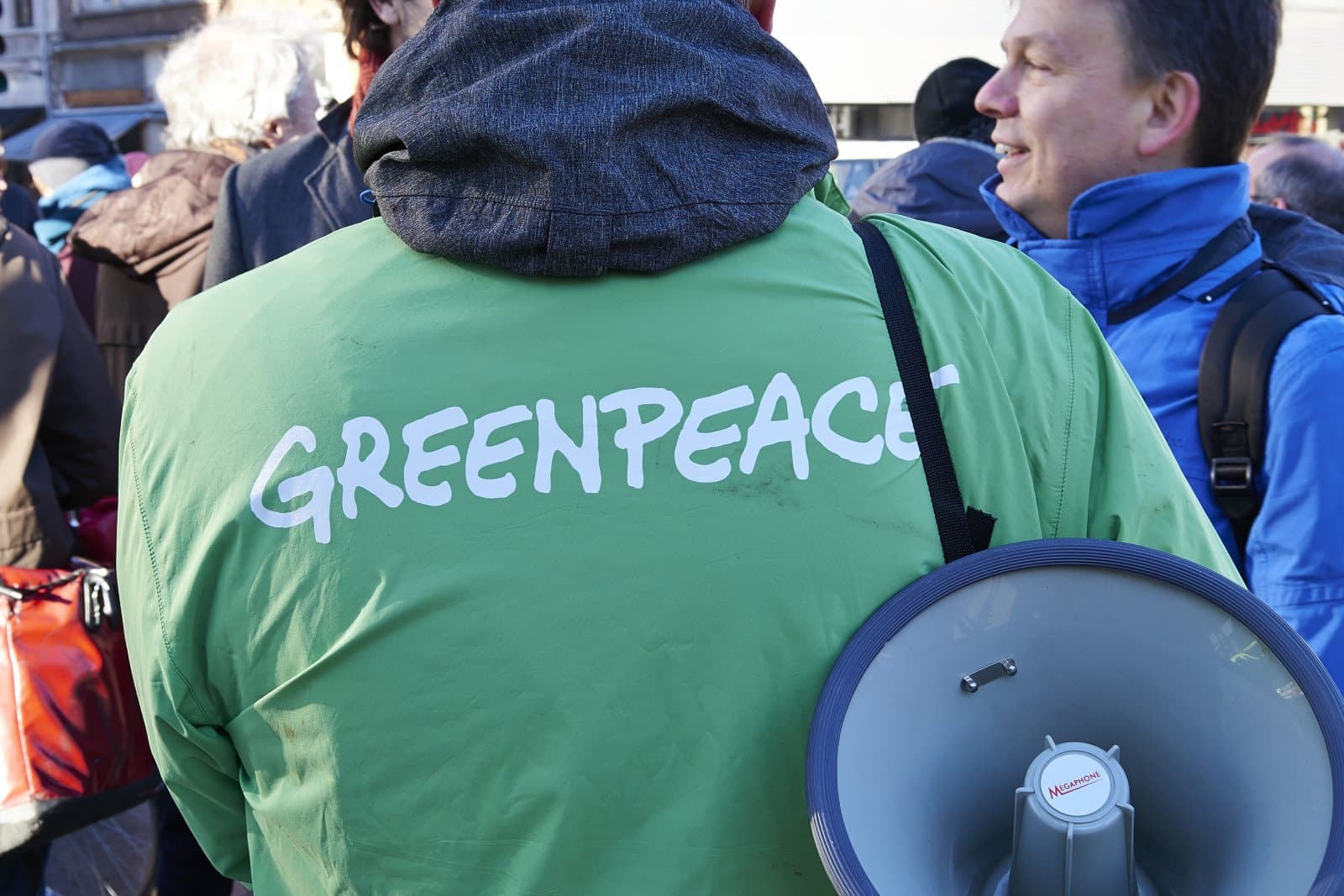
Areeba Hamid, co-director of Greenpeace, warned, “Applying the review’s recommendations would be a sure-fire way to weaken British democracy and bring us as close to becoming a police state as we’ve ever been.”
Paid Lobbyist
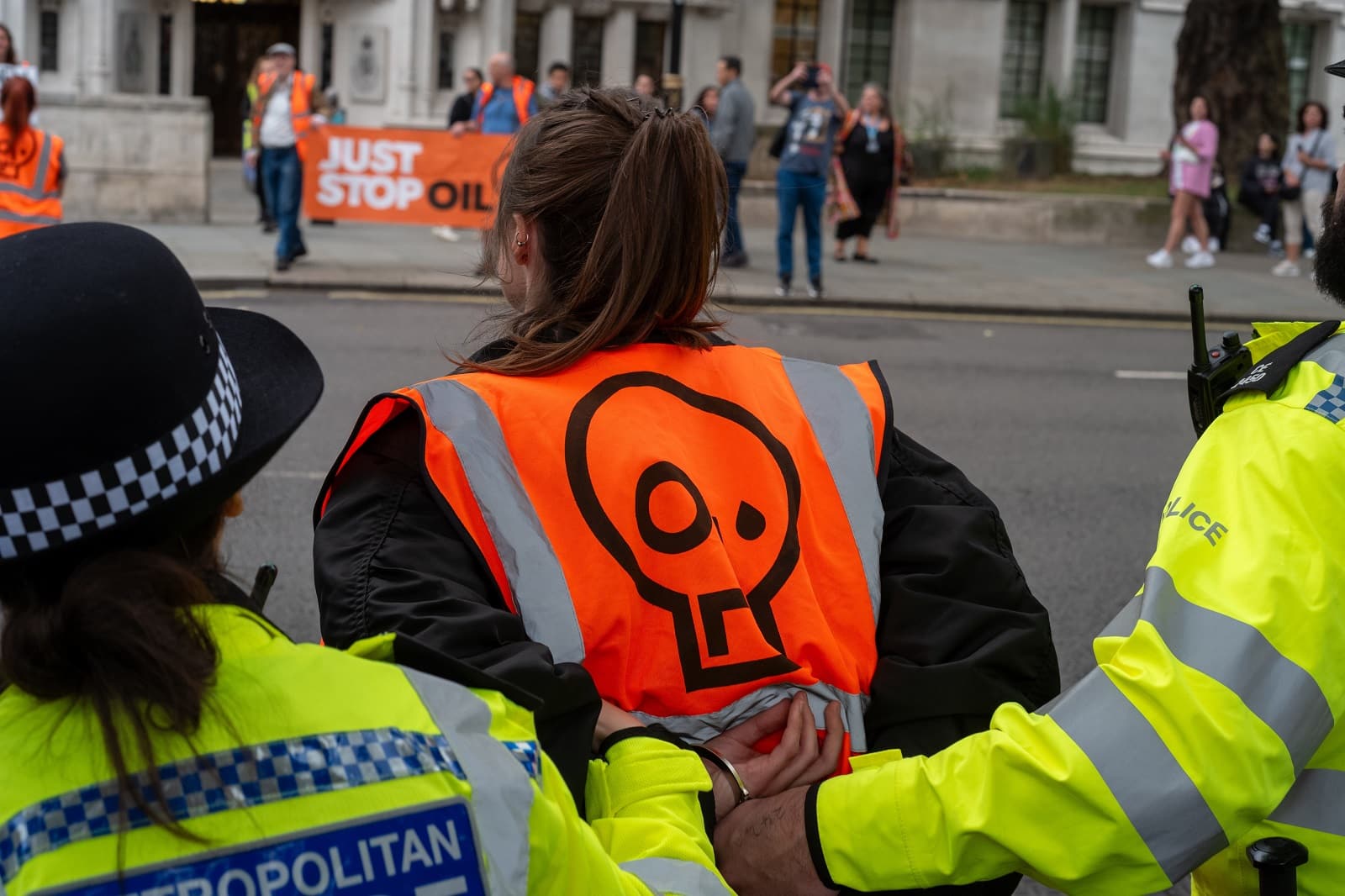
Just Stop Oil, who noted that Walney has extensive ties to and has worked as a paid lobbyist for several fossil fuel companies, stated, “Just Stop Oil does not recognise the legitimacy of this report.”
Undercover Surveillance
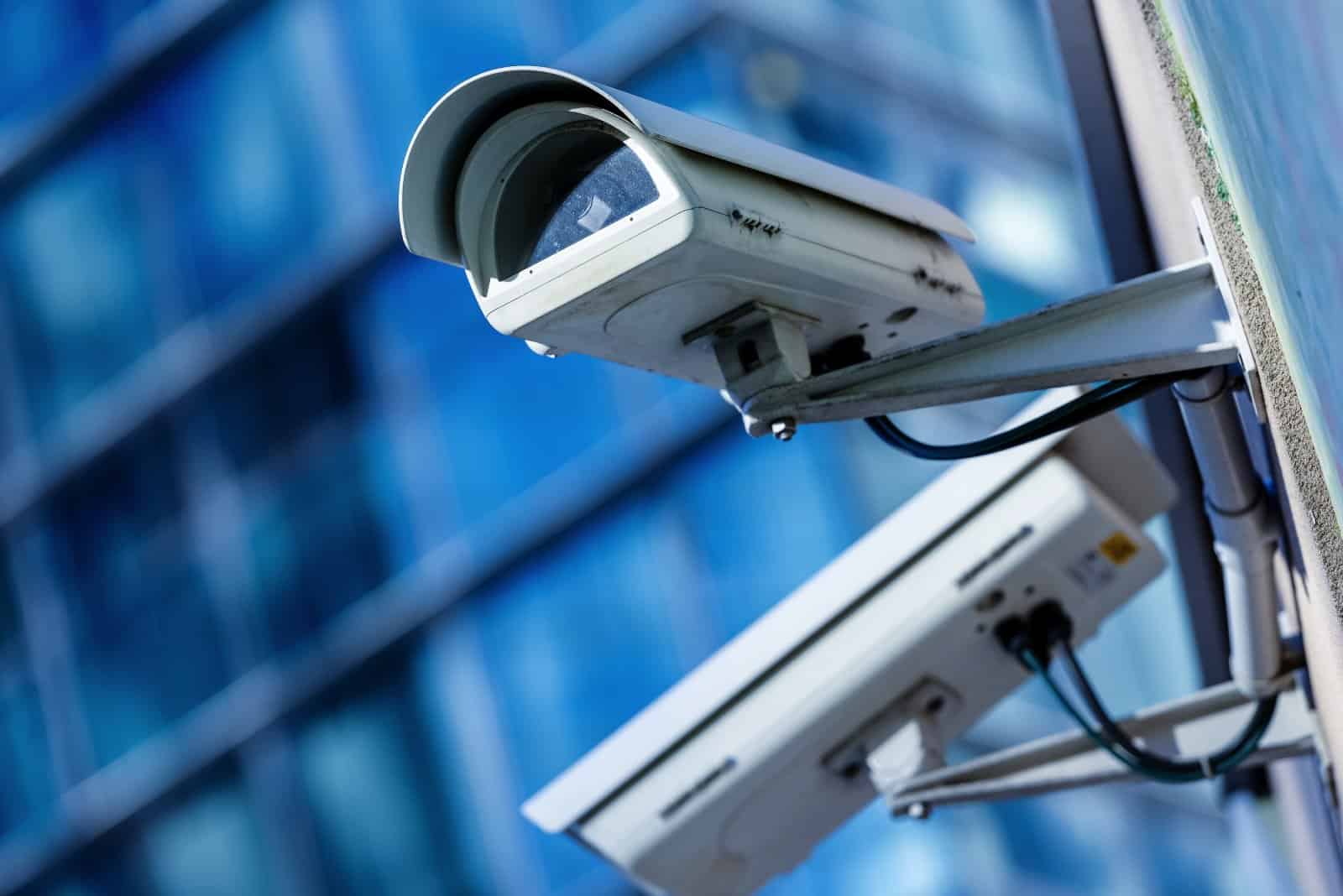
One of the report’s most contentious aspects is Walney’s call for a review of undercover surveillance of activists. Critics argue that giving the government even more surveillance powers would undoubtedly lead to abuses and an even greater erosion of civil liberties.
“Vital Part of Democracy”
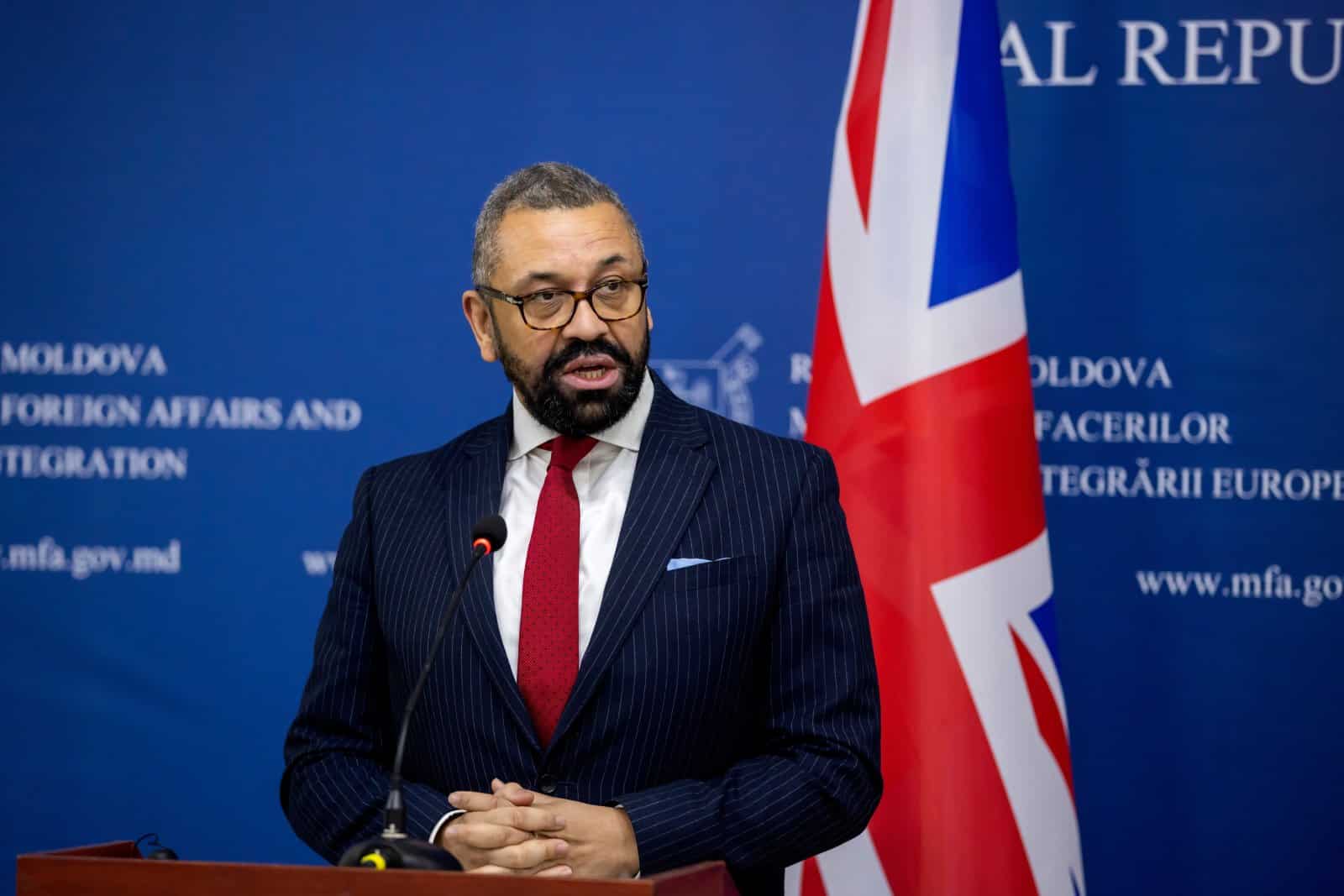
Despite the backlash, some government officials supported Lord Walney’s recommendations.
Home Secretary James Cleverly stated that he would consider Walney’s report and recommendations, adding, “The right to protest is a vital part of democracy, but there is absolutely no place for criminality or harassment on our streets. Too often, we have seen vile displays of hate crime and aggressive tactics used by so-called protesters.”
“Extremist Activity”
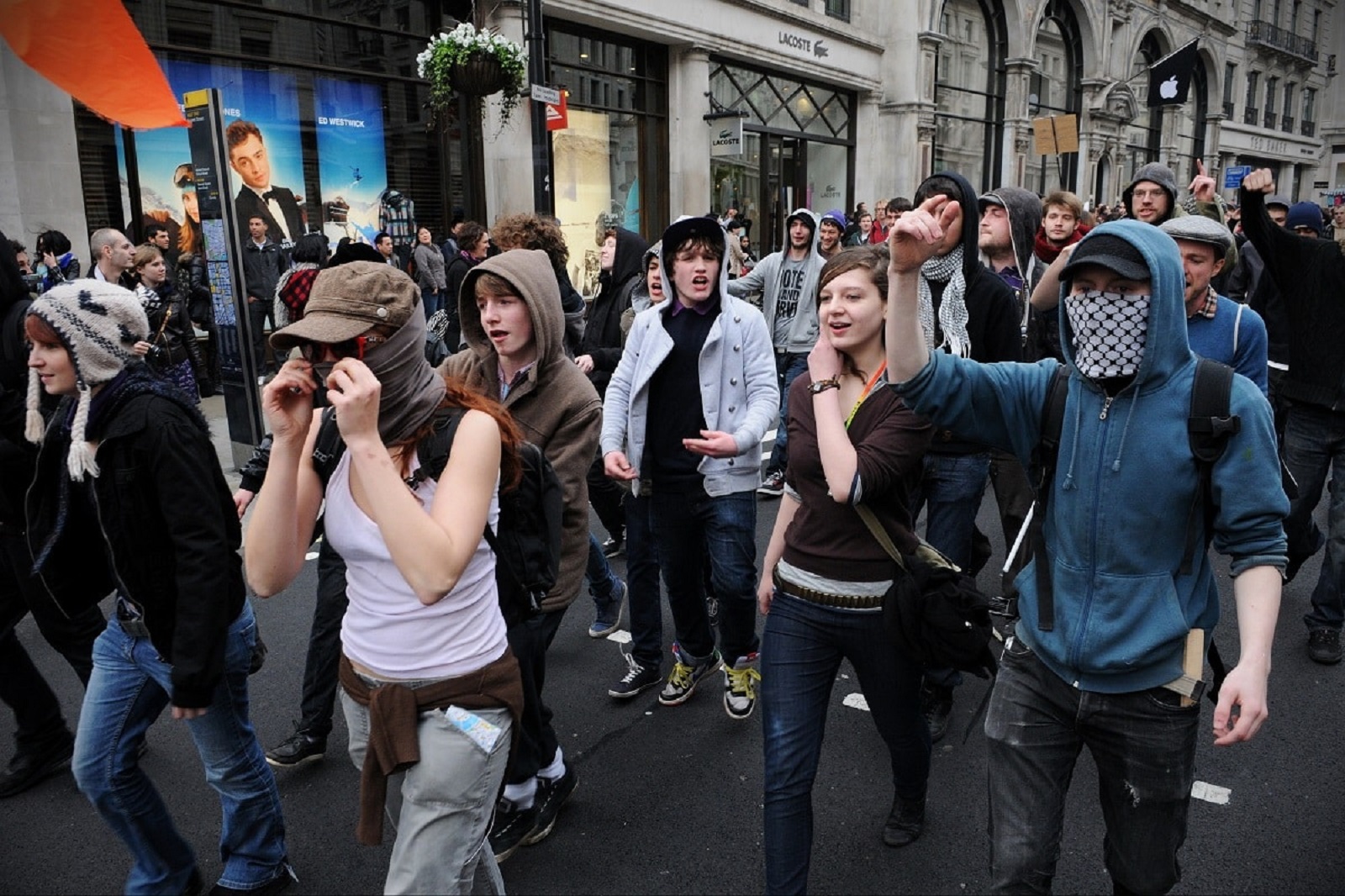
He continued, “Lord Walney’s report raises important questions on the cumulative impact of disruptive and extremist activity on our communities. I thank Lord Walney and his team for this extensive and compelling report.”
“Liable for Those Costs”
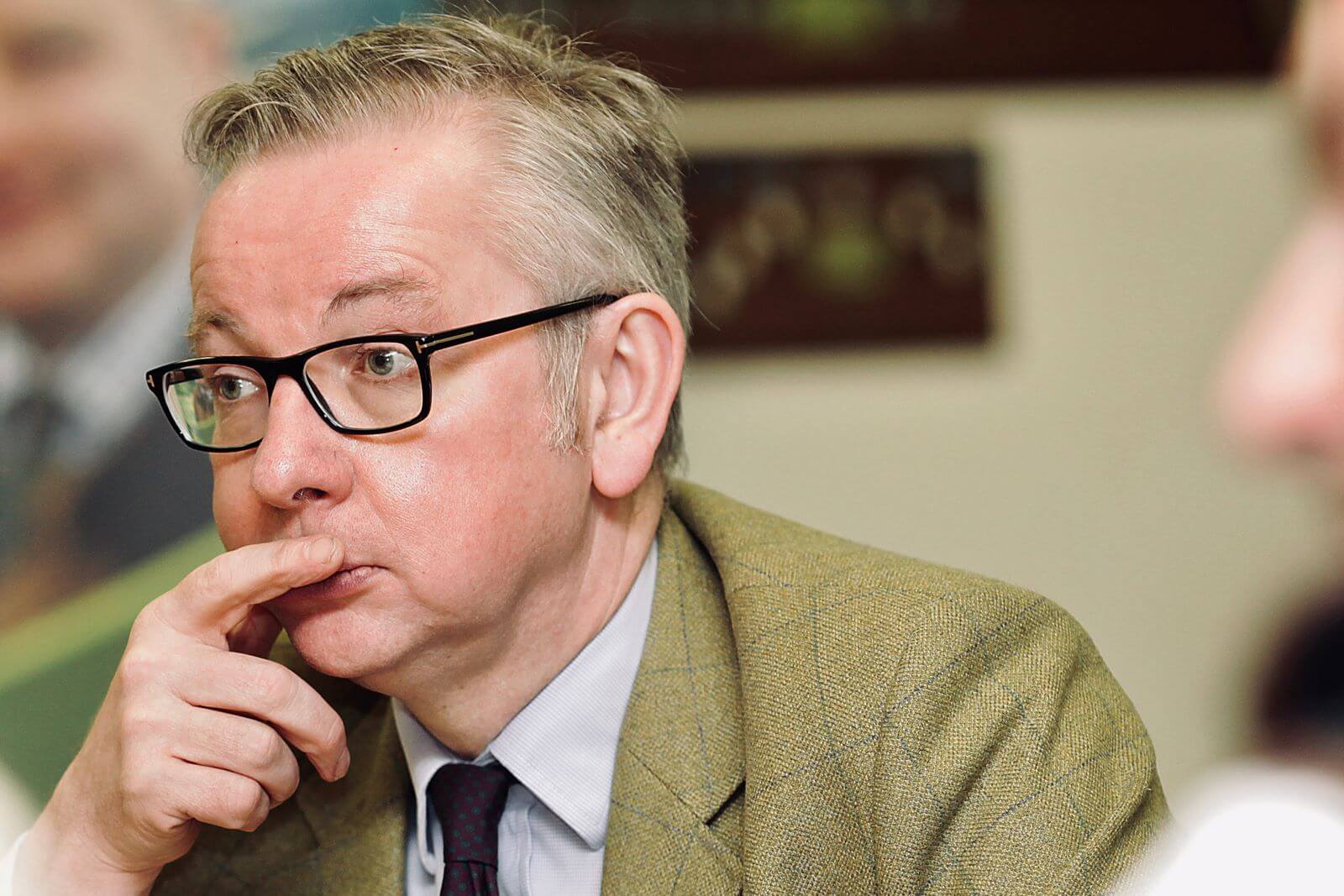
Similarly, Communities Secretary Michael Gove approved of Walney’s recommendation that organisers should be made to pay for the right to protest, stating, “I wouldn’t want to ensure there was no opportunity for an organisation without means to protest, but if you protest again and again, and again in significant numbers, and that has an impact on policing and security of others, then it is certainly worth considering whether the organisers of the march should be held liable for those costs and that disruption.”
Hanging in the Balance

As the government considers Lord Walney’s recommendations, the future of protest and citizens’ right to demonstrate hangs in the balance.
More Protests
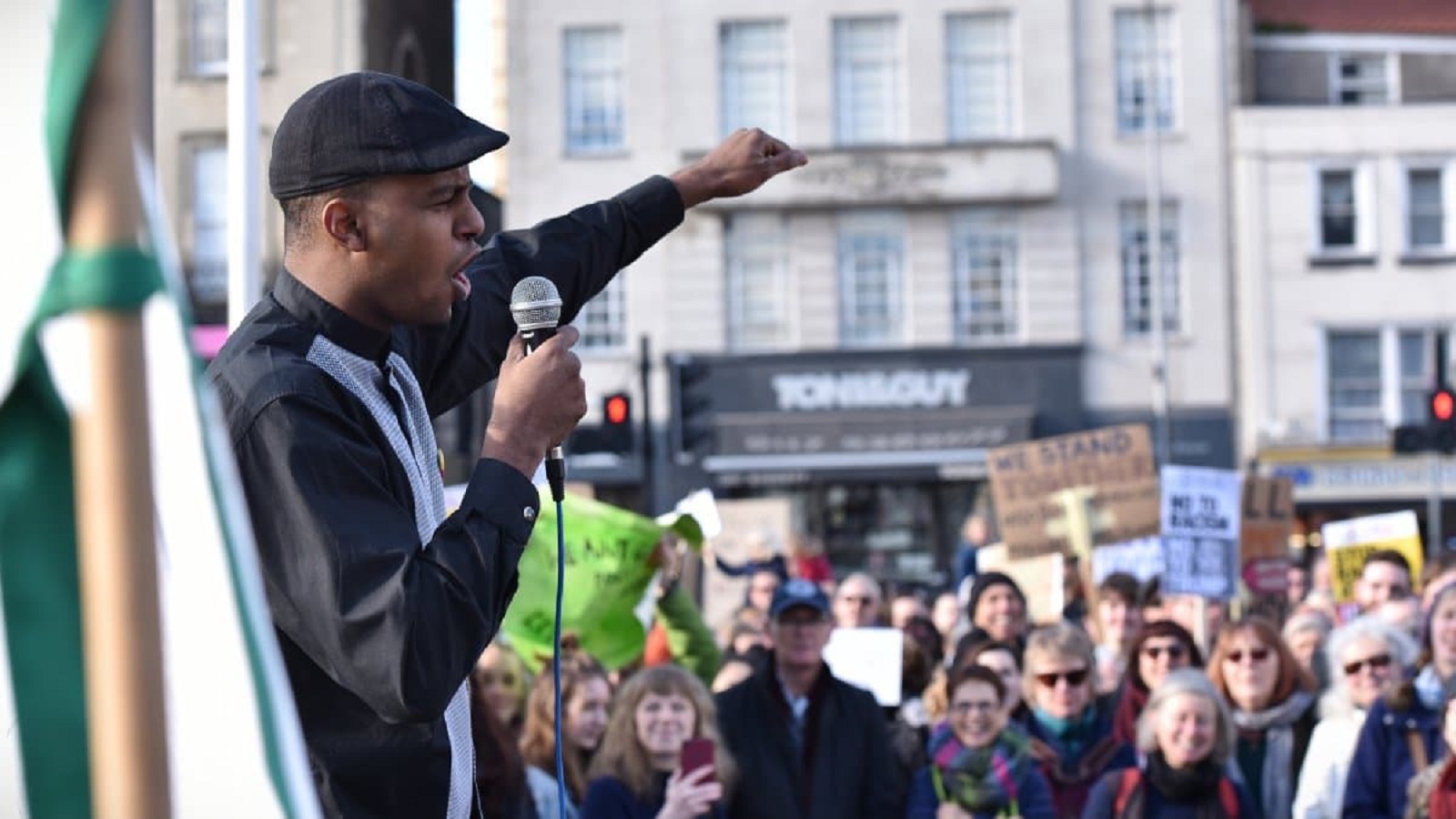
As the climate catastrophe worsens, the UK continues to fund wars abroad, and the living situation of many in the UK grows increasingly tenuous, more protests will likely occur as people exercise their democratic rights to speak out.
Chilling Glimpse of the Future
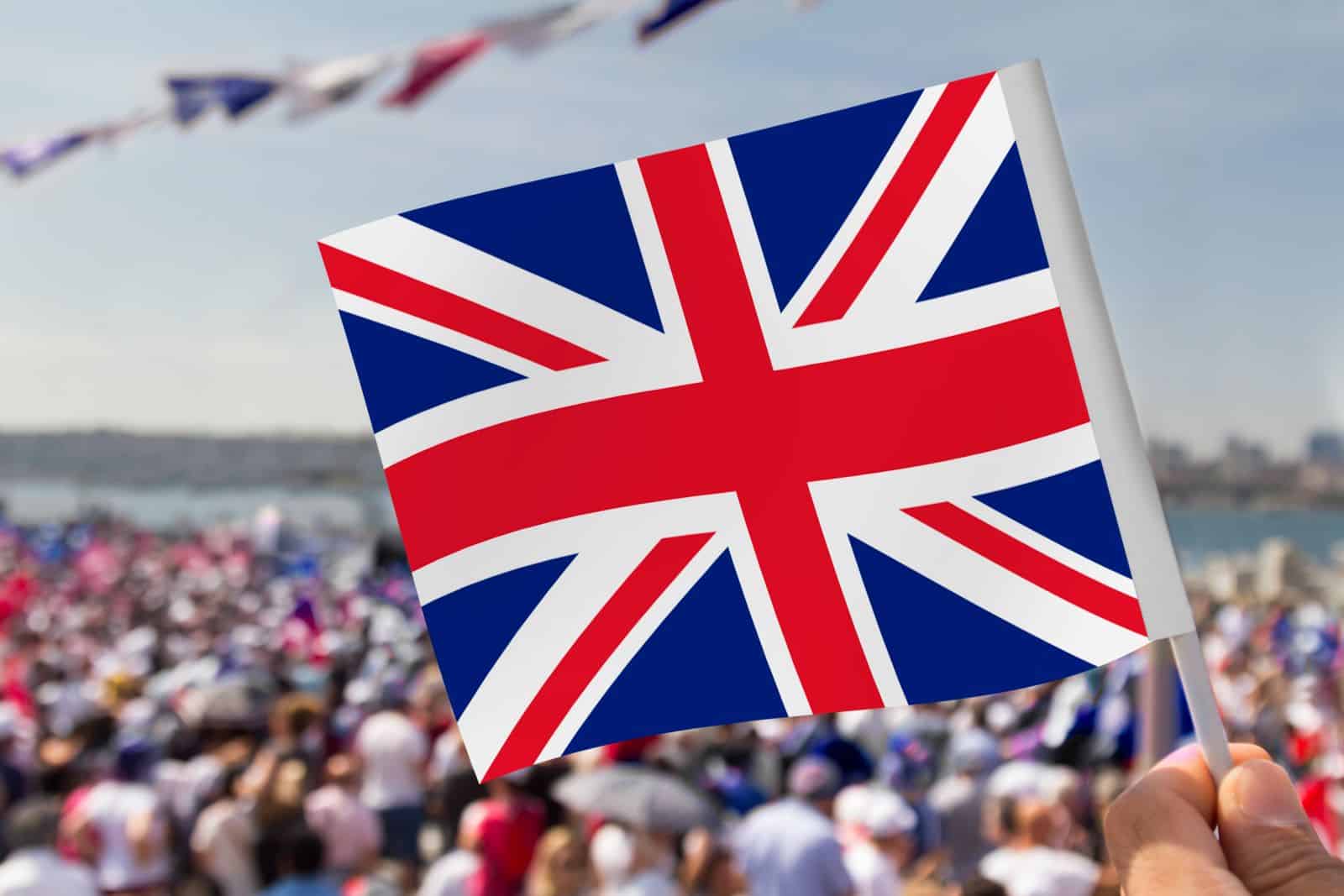
This latest report is a chilling glimpse into the future. Whether it is a future that will ultimately come to pass remains to be seen.
25 Things You CAN’T Talk About Anymore
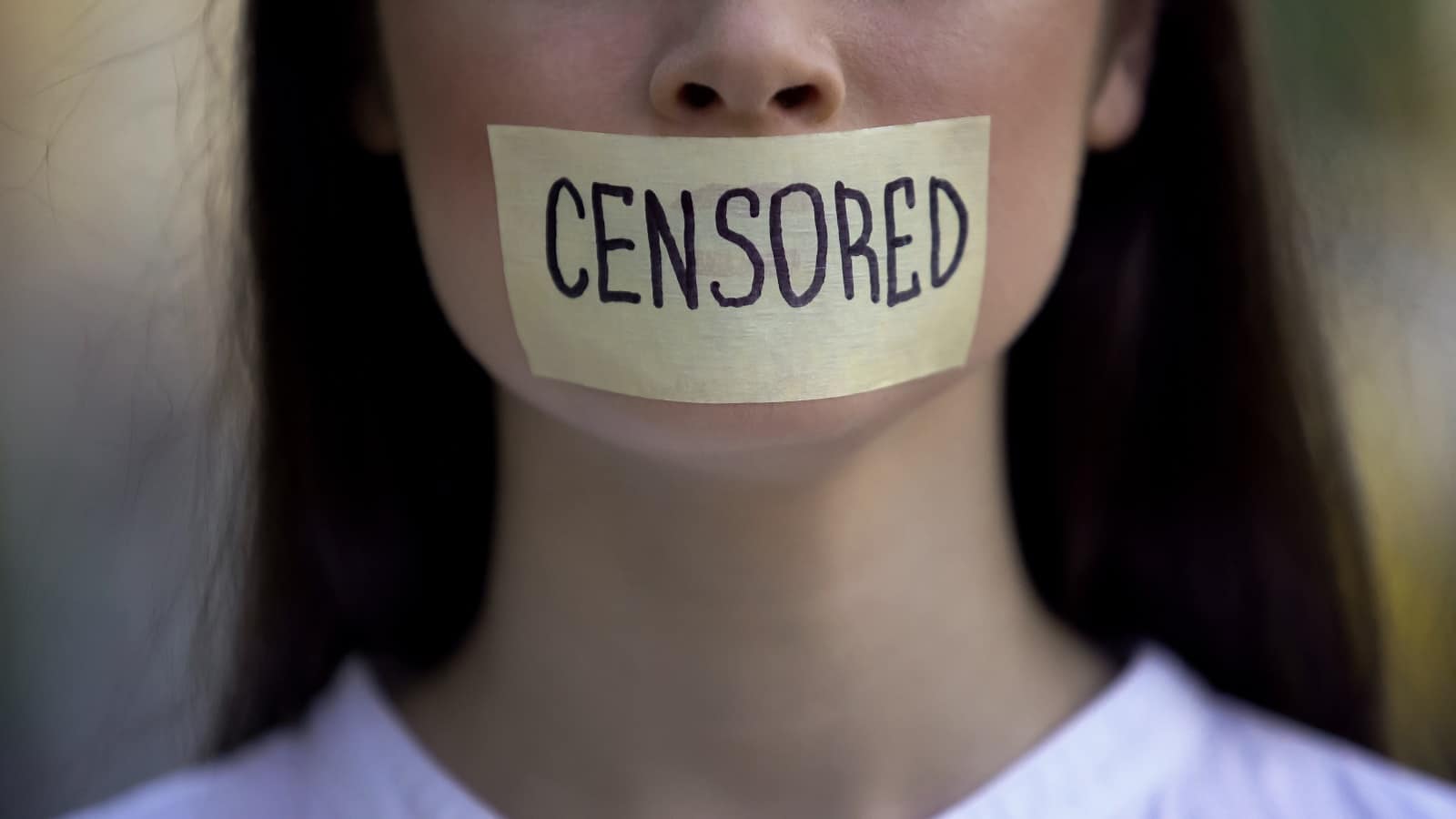
Remember the days when you could freely discuss just about anything without fear of sparking controversy? Well, those days are long gone. In today’s hyper-sensitive world, there are topics so fraught with tension that even mentioning them can lead to heated debates and hurt feelings. 25 Things You CAN’T Talk About Anymore
Stranded: 15 Worst British Cars in History
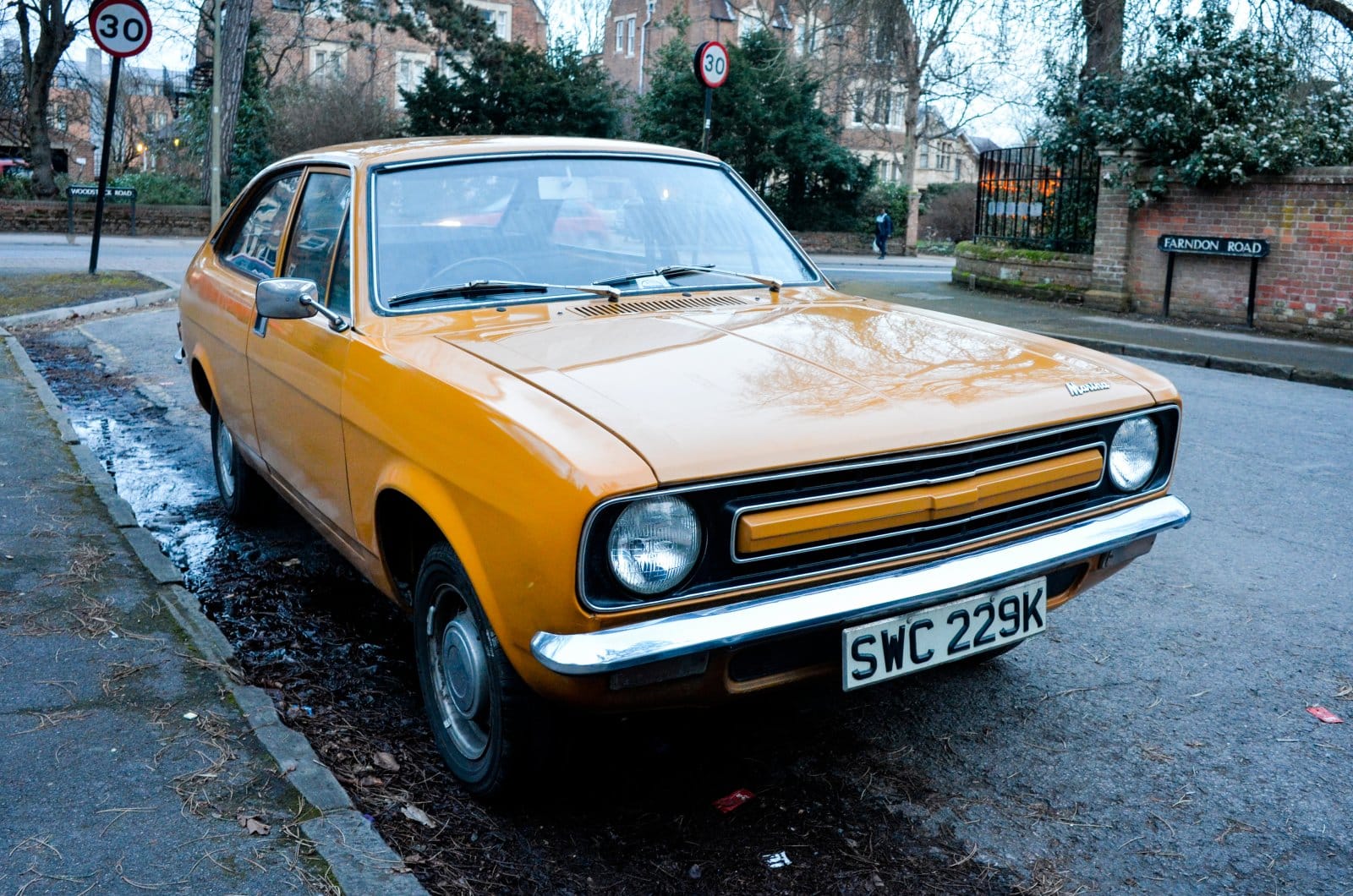
Ever had a car that spent more time with the mechanic than on the road? A car that turned every journey into a game of “Will we actually get there?” If so, you might just see a familiar face (or should we say, chassis) in our countdown to the most unreliable British car in history. Stranded: 15 Worst British Cars in History
“Britain Will Become Unrecognizable” – Suella Braverman Spells Disaster for UK Amid Steep Rise in Visas Issued

Former Home Secretary Suella Braverman has warned that Britain will become “unrecognizable,” criticizing the amount of work visas the Home Office has approved, despite only being removed from her role in November. “Britain Will Become Unrecognizable” – Suella Braverman Spells Disaster for UK Amid Steep Rise in Visas Issued
20 Things From the ‘70s That Are Not OK Today
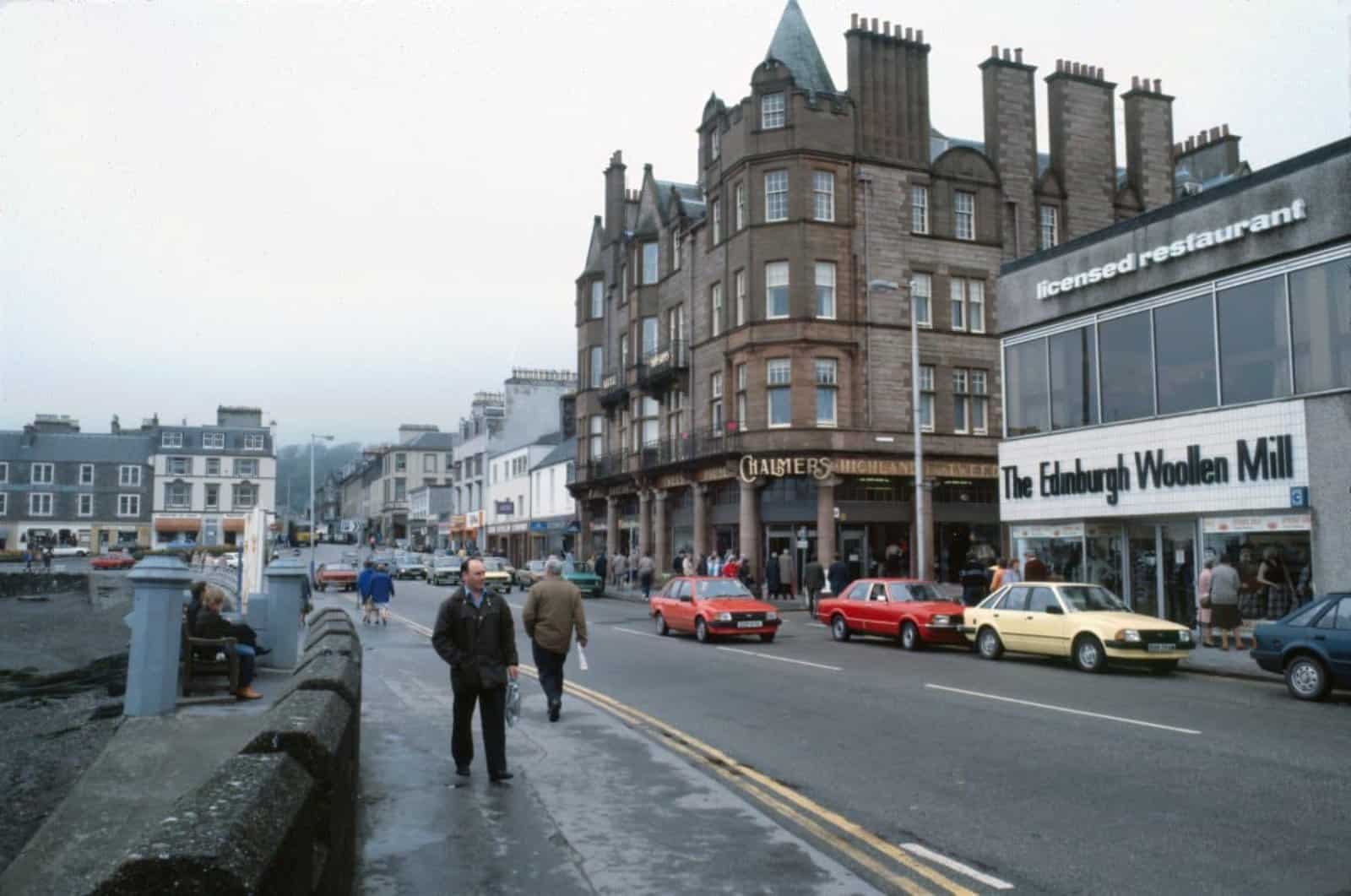
Step into the time machine and set the dial to the 1970s, a decade of disco, bell-bottoms, and some rather questionable choices. While the ’70s gave us iconic music and groundbreaking TV, not everything from this groovy era would get a green light today. 20 Things From the ‘70s That Are Not OK Today
20 Best and Worst Universities in the UK
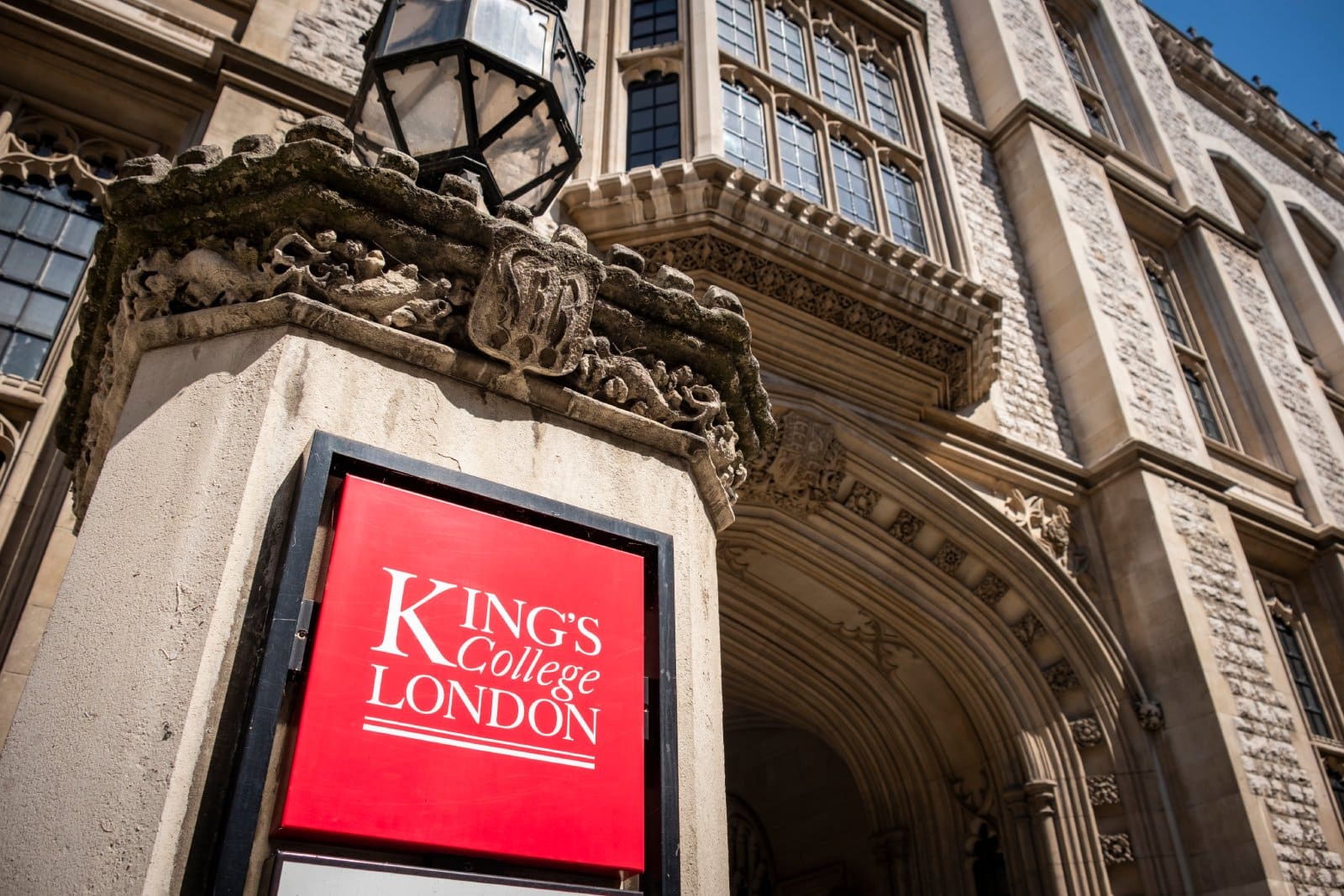
Navigating the UK university landscape is like deciphering a complex code of rankings, reviews, and reputations to uncover where you’ll not just learn, but truly flourish. Whether you’re drawn to the historic halls of Oxford or the creative buzz of Goldsmiths, finding your perfect fit is about aligning your aspirations with the unique offerings of each institution. 20 Best and Worst Universities in the UK
The post Truss Demands Stricter Laws for ‘Woke Extremists’ as Activists Forewarn UK Is Fast Becoming a Police State first appeared on Edge Media.
Featured Image Credit: Shutterstock / Melinda Nagy.
Grant Gallacher is a seasoned writer with expertise in politics and impactful daily news. His work, deeply rooted in addressing issues that resonate with a wide audience, showcases an unwavering commitment to bringing forth the stories that matter. He is also known for satirical writing and stand up comedy.

